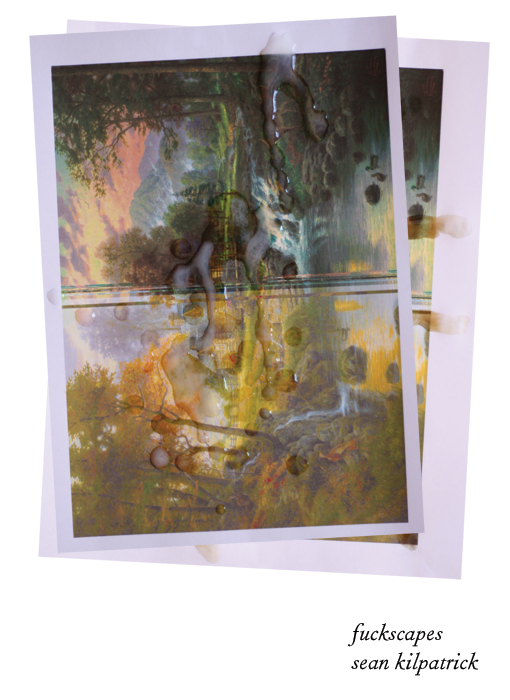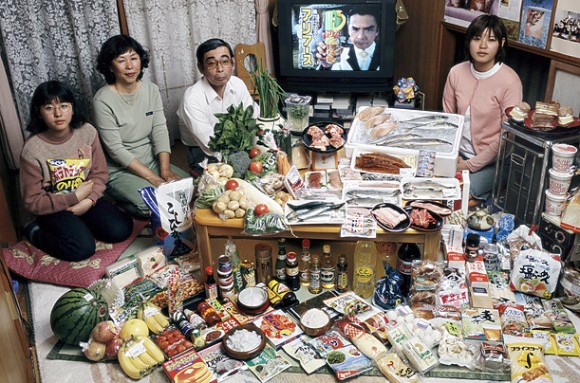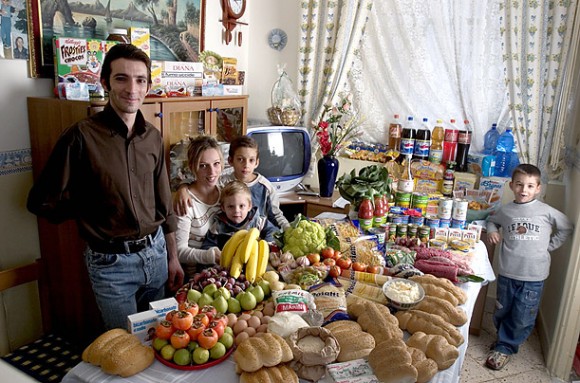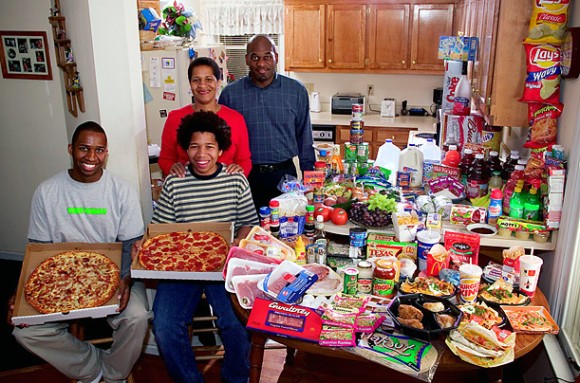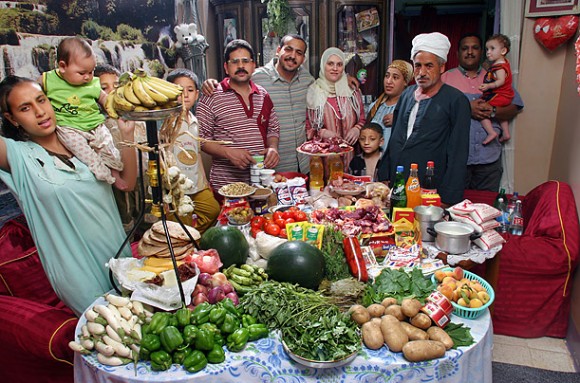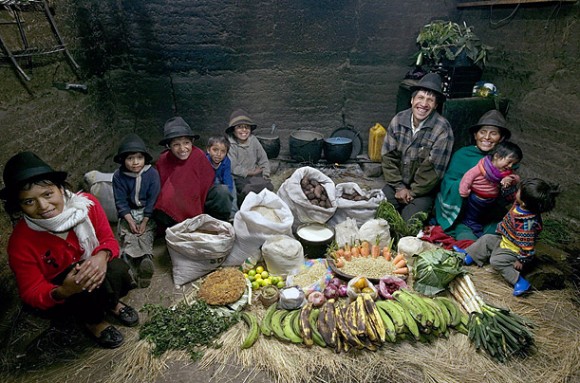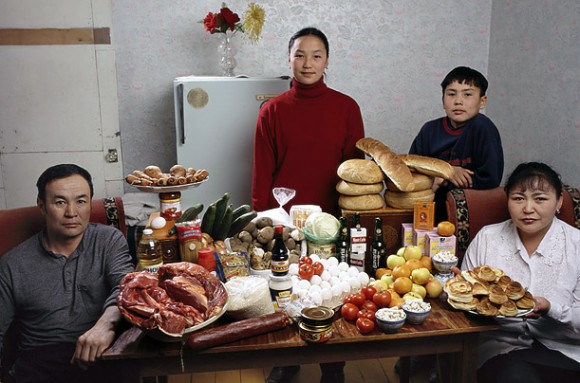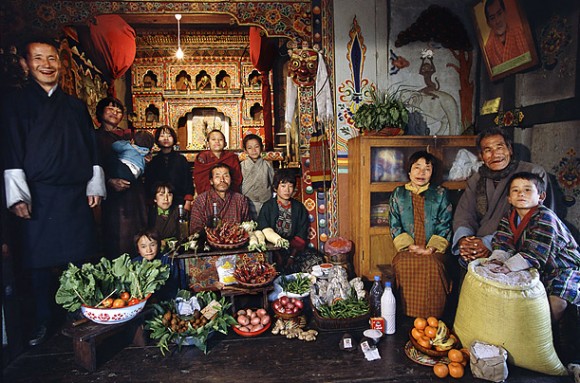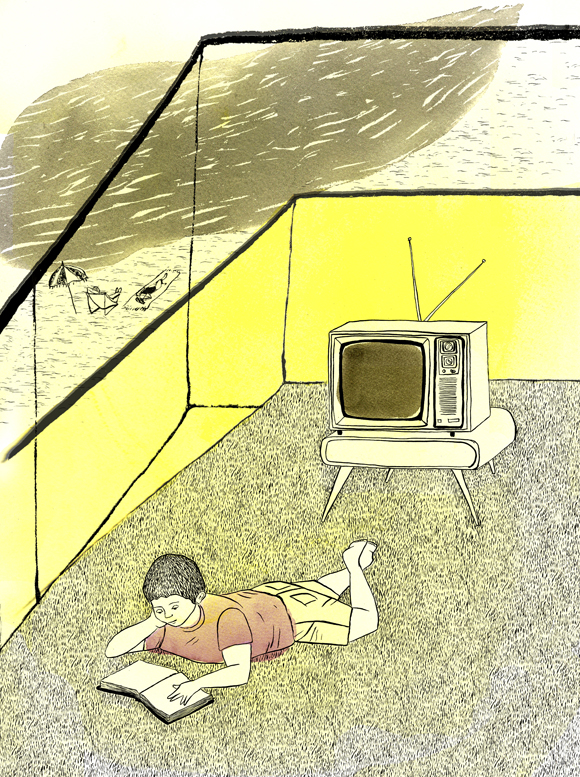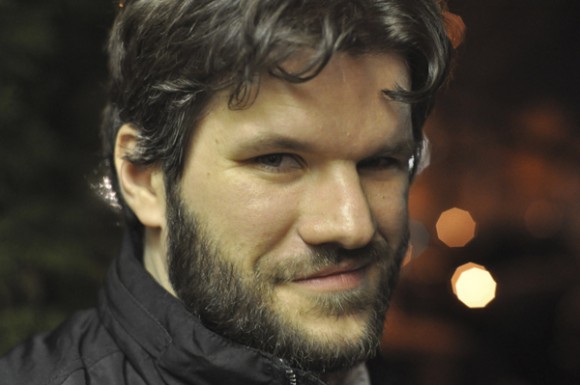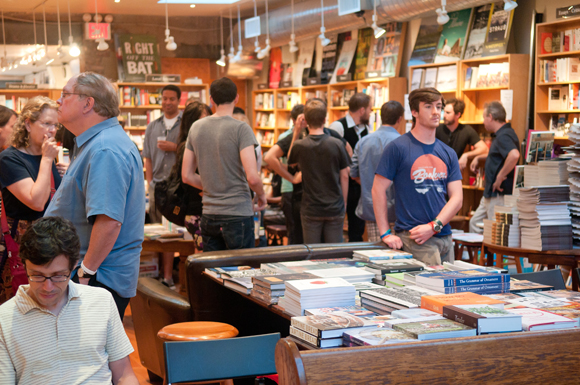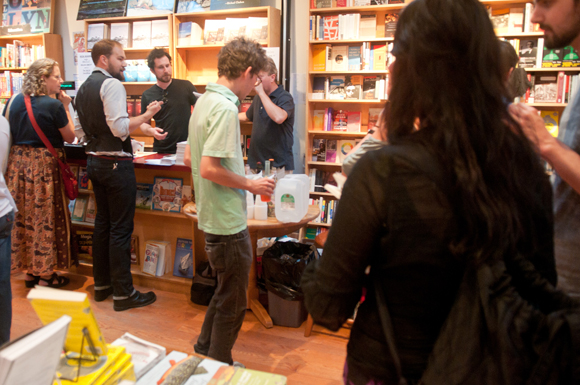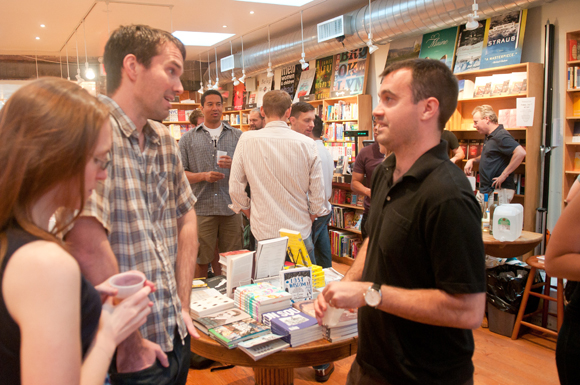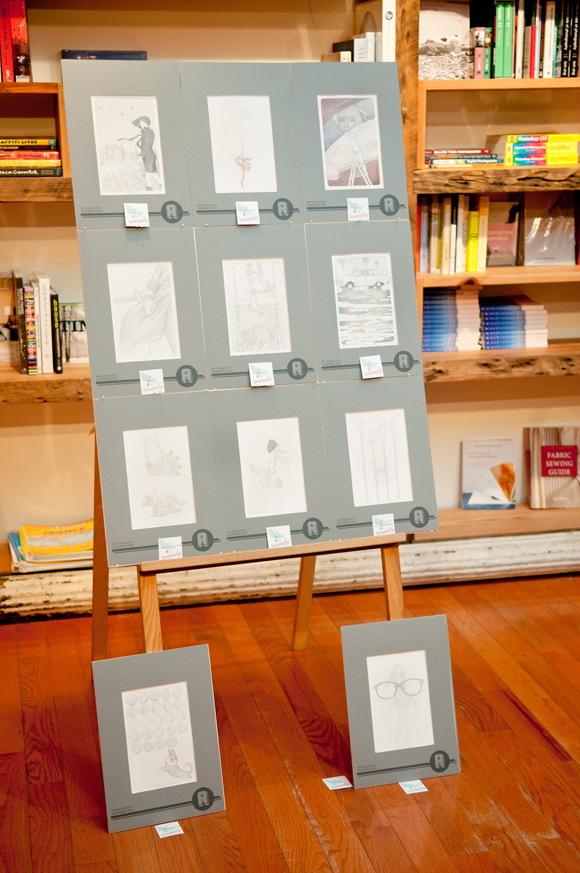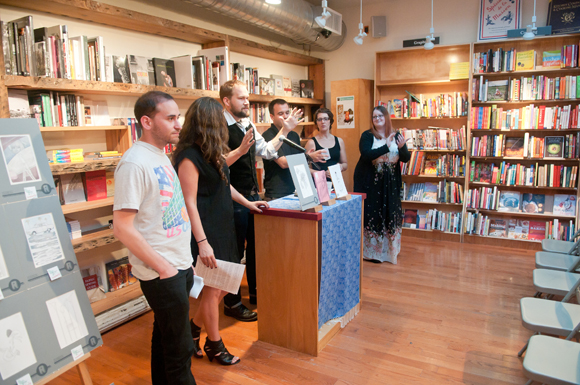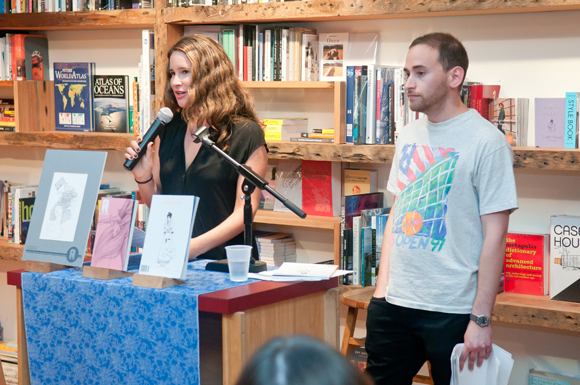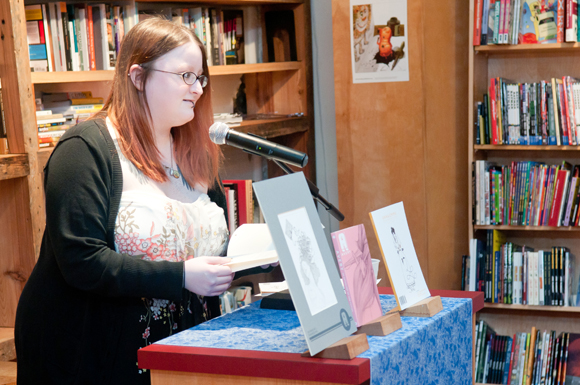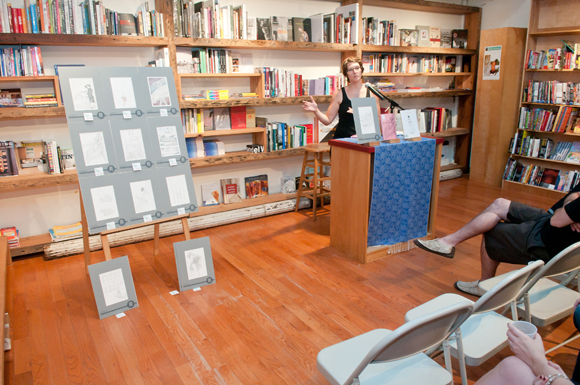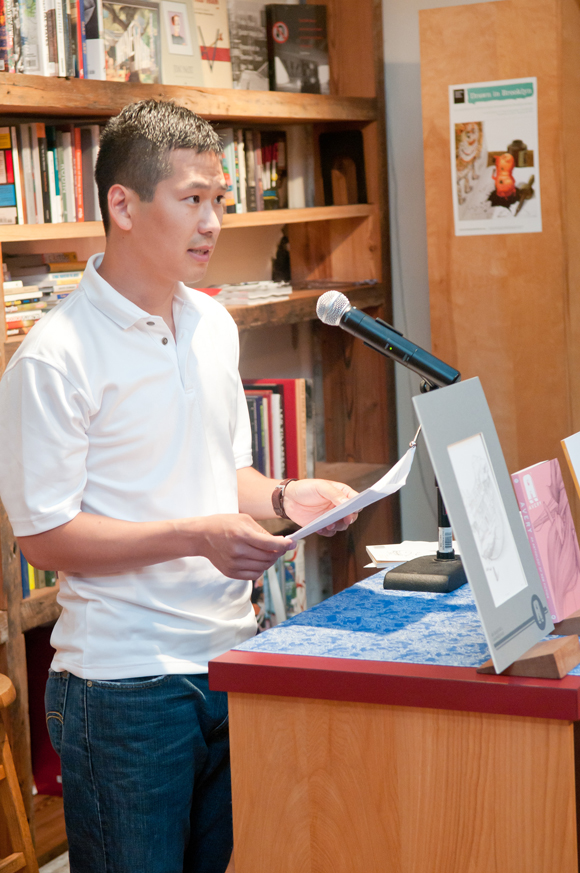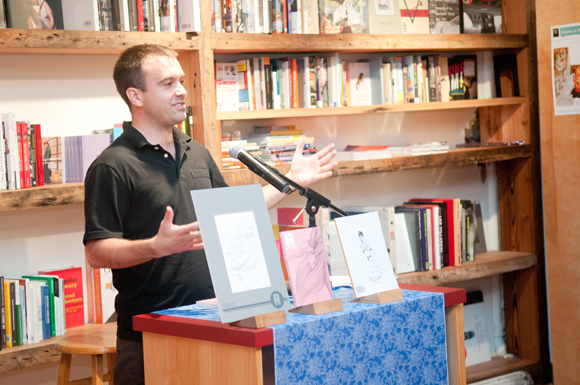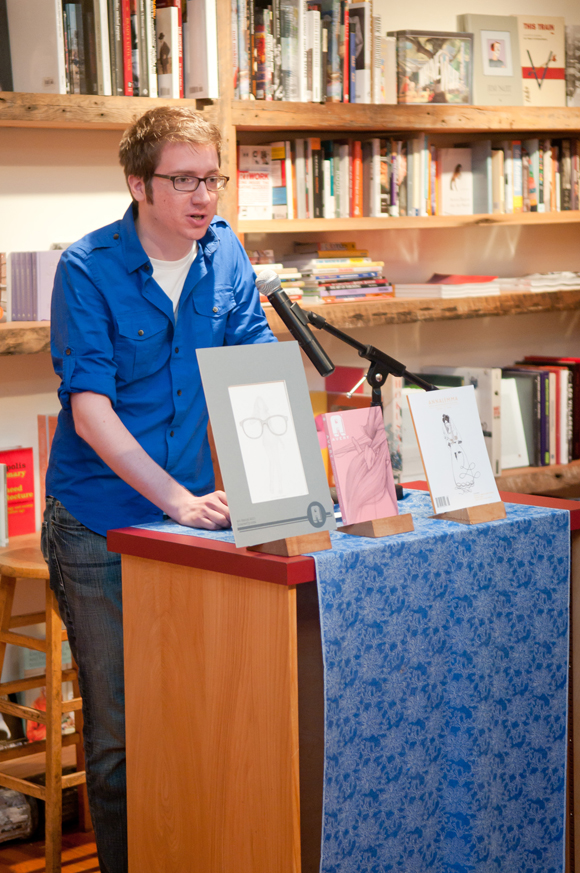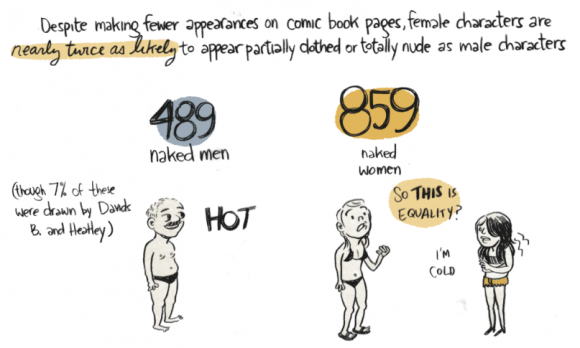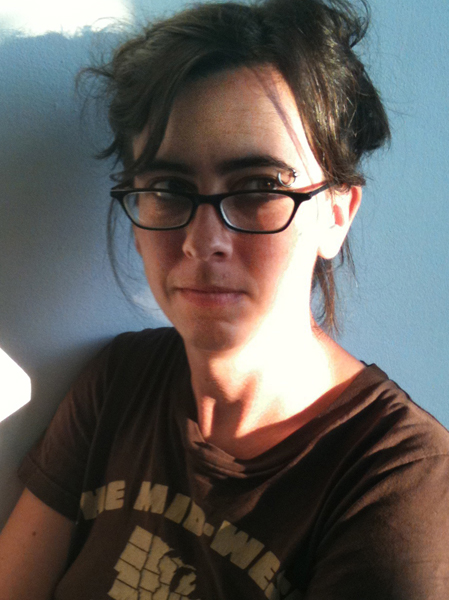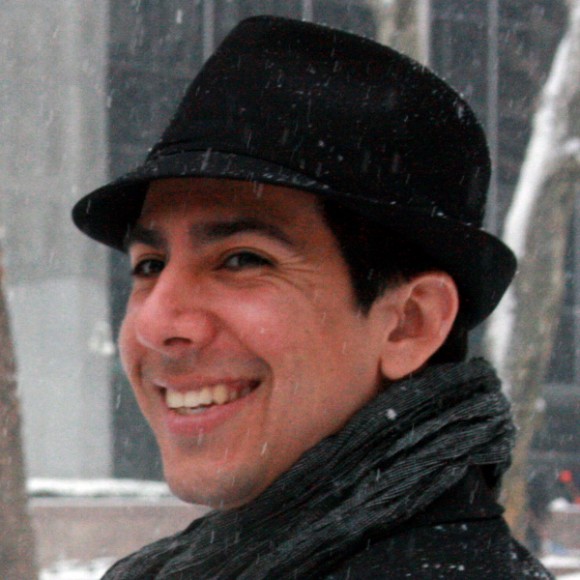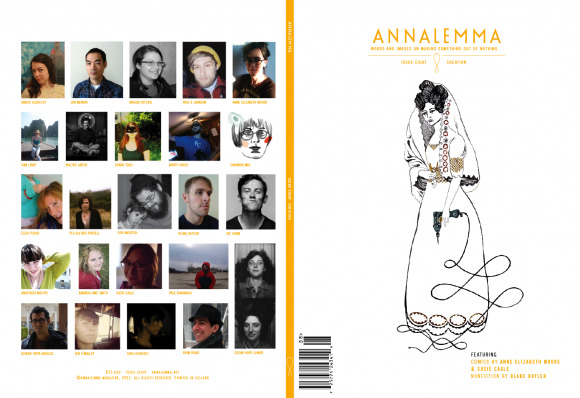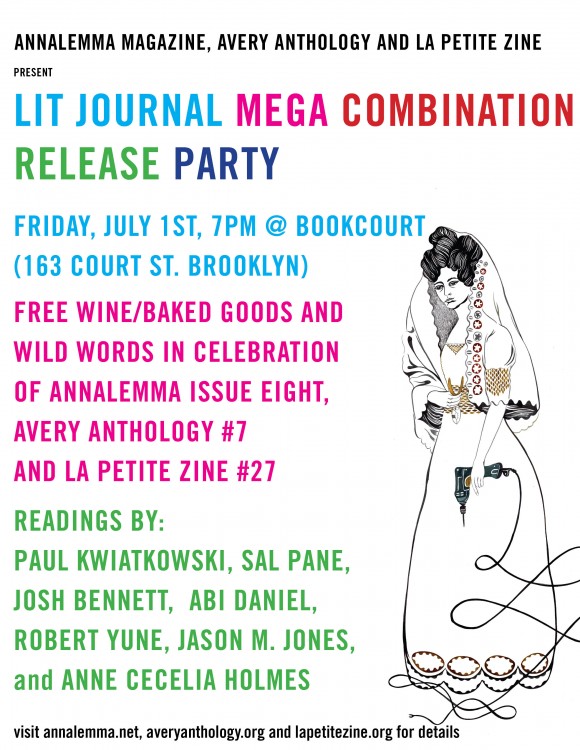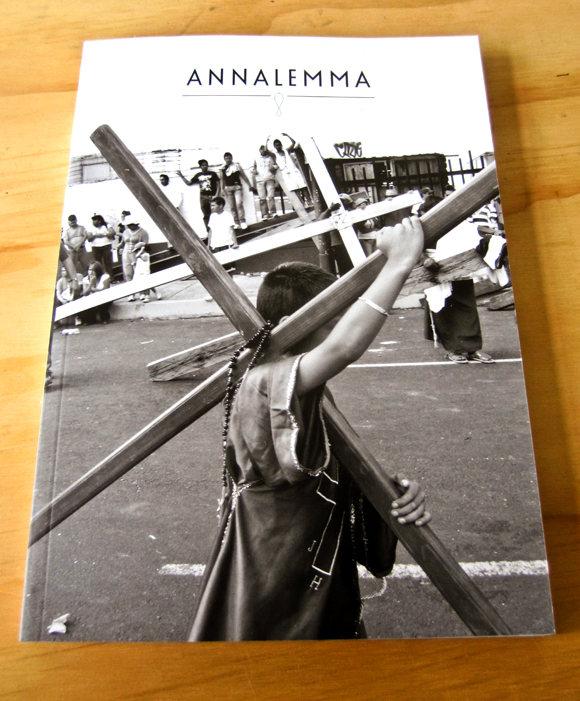Bluesquare Press has been offering some new jams in the past few weeks, most recently is this book with a filthy title and an even filthier cover. I don’t know much about Sean Kilpatrick, but I do know a bit about the dudes behind Bluesquare and they have very good (albeit odd and, at times, unsettling) taste, so I trust it will be good. I just pre-ordered this book and, according to the site, I’ll be getting something called Stab Pyramid, a chapbook co-written by Kilpatrick and Issue Eight contributor Blake Butler.
I also ordered the new novel from Issue Six contributor Jack Boettcher called Theater State. Jack is an incredible writer, tons of voice behind that young mind of his. I’m very excited to read it. You should be too. Go buy some stuff from them. I have it on good authority Bluesquare is going to be the best new weird/boutique publisher in the next couple years.












